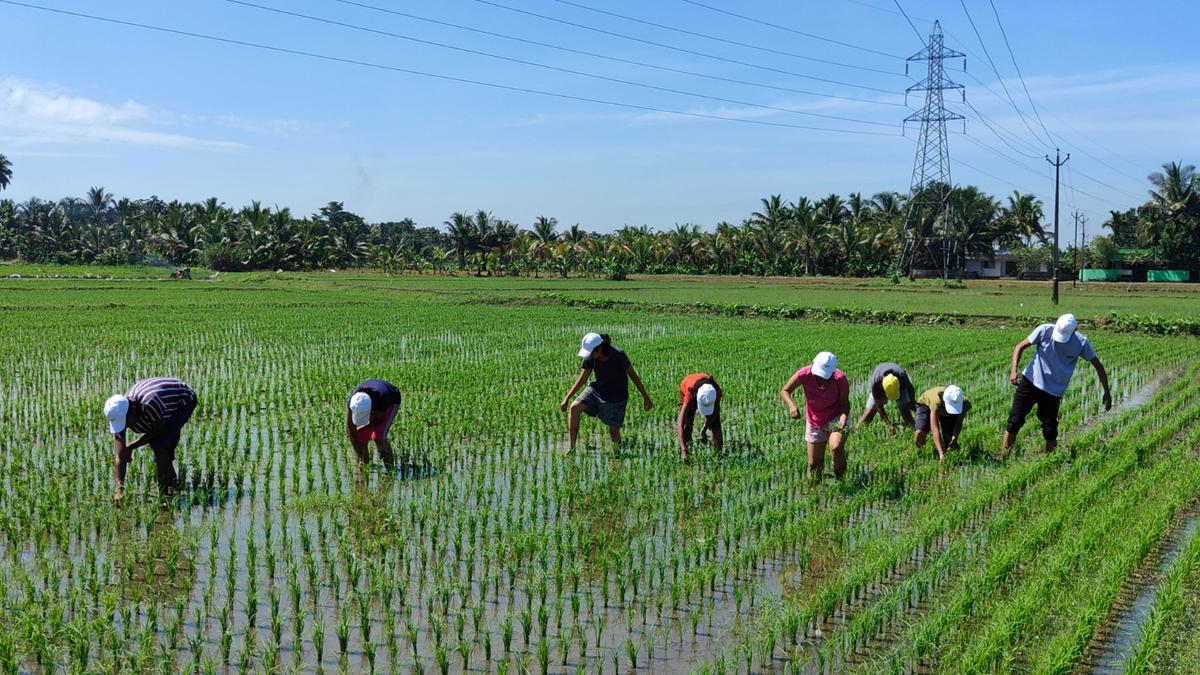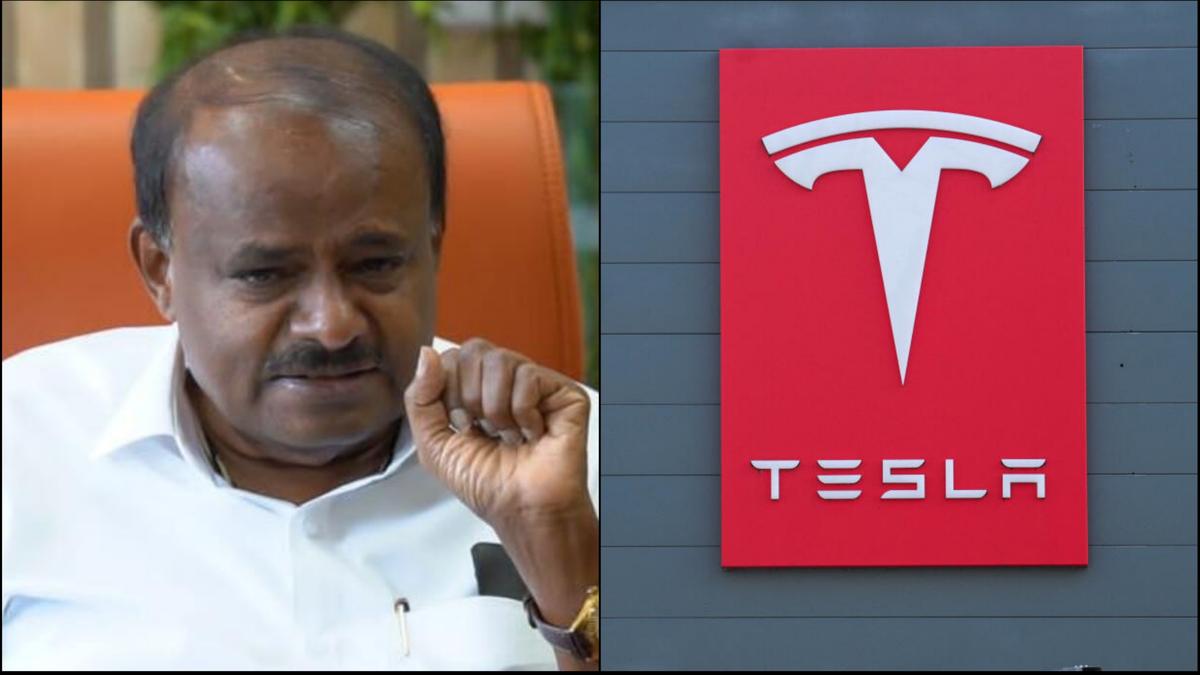
According to the study led by CWRDM scientists, agricultural activities accounted for 76.38% of the farm’s total carbon emissions, with paddy cultivation alone contributing 149.25 tonnes. File photo
| Photo Credit: The Hindu
The State Seed Farm at Okkal near Perumbavoor in Kerala’s Ernakulam district has been certified as a carbon-neutral farm.
The recognition comes after a scientific study by the Centre for Water Resources Development and Management (CWRDM), supported by the Department of Agriculture Development and Farmers’ Welfare and verified by Carbon Check India Pvt. Ltd. (CCIPL), an agency accredited by the Government of India, according to a communication.
The assessment, done under the Intergovernmental Panel on Climate Change (IPCC) guidelines and the United Nations Framework Convention on Climate Change (UNFCCC) protocols, revealed that the farm emitted 221.67 tonnes of carbon dioxide equivalent in 2024. These emissions were fully offset through a UNFCCC-registered project, earning the farm its carbon-neutral status, a release said.
According to the study led by CWRDM scientists Sruthi K.V. and Naveen, agricultural activities accounted for 76.38% of the farm’s total carbon emissions, with paddy cultivation alone contributing 149.25 tonnes. Other sources included energy use (28.88 tonnes), transportation (8.91 tonnes), cattle rearing (8.63 tonnes), and waste management (5.93 tonnes). Despite this, the farm’s carbon stock was calculated at an impressive 767.34 tonnes, it said.
K.P. Sudheer, ex officio principal secretary of the Department of Science and Technology, said in a communication that Kerala’s journey towards carbon neutrality by 2050 had gained a major milestone with the achievement.
He said that such initiatives could set a benchmark for farms across India, with carbon footprint labelling potentially adding new market value to sustainable produce.
Manoj P. Samuel, executive director of the CWRDM, said that the certification would act as a scientific model for Kerala’s agricultural sector, particularly in tapping into future carbon credit opportunities. The CWRDM has also recommended steps to further cut emissions, including rooftop solar panels, wastewater reuse, adoption of electric vehicles, and alternative wetting and drying techniques in paddy cultivation.
Published – August 18, 2025 08:24 pm IST



